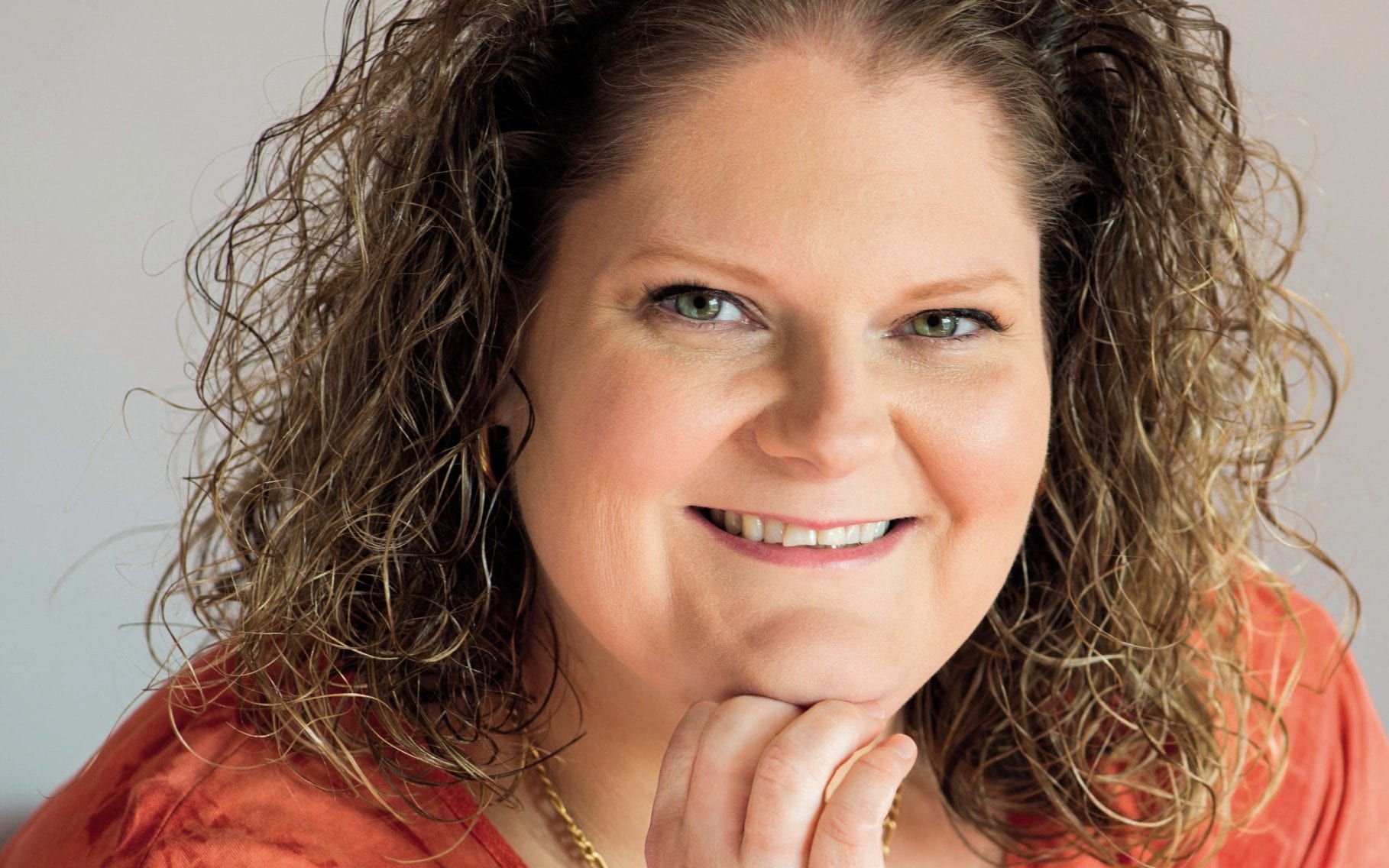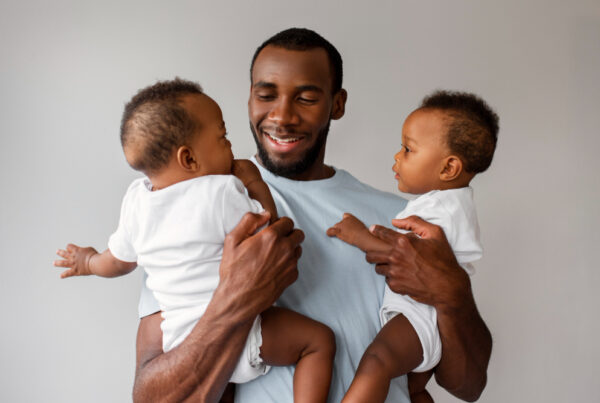Louise Joy Brown was born on July 25, 1978. Her birth, a result of in vitro fertilization (IVF), marked a groundbreaking moment in medical history, capturing global attention. The world’s first “test-tube baby,” she has defied expectations, lived a normal life while carried the weight of medical pioneering.
Louise has shared her story severally, offering a unique perspective on growing up in the spotlight. Her openness about her experiences, coupled with the release of her autobiography, has provided invaluable insights into the journey of IVF’s first child.
Today IVF is common place and is an option for most people who have had infertility problems. Louise wrote the book so that people can understand that it wasn’t always like that, and it was the genius of the science of Bob Edwards, the hard work of Patrick Steptoe, and the willingness of her mother and father to try something new that enabled IVF to become a reality.
She also wanted people to know the story from the point of view of her family. So much has been written about the Brown family over the years—much of it wrong, exaggerated, or just untrue. In her book, Louise wanted people to know what it was really like for her parents and for her growing up to be at the center of media attention. Louise is proud to be an ordinary person with a job, her own children, and a pretty regular life in Bristol.
In her own words, she doesn’t think of herself as special at all. Apart from the way she was conceived, she does not believe that there is anything unusual or special about her at all. When she was very young, she was taken on a tour of the world, and with her mother, she pieced together that whirlwind of events for her book. The public reaction was incredible!
Louise recalled how in Japan they were mobbed in the street with people trying to get a look at the “special” baby. She doesn’t remember those days but listening to her mother and father do media interviews and being told about her conception helped her to understand why there was so much fuss about her. Today Louise feels proud to be part of IVF history. She went through school with the same group of friends and really never felt different. She was always fairly loud and outgoing like every other kid on the block.
When Louise was four years old, her parents sat her down and showed her the film that was made of her birth. She was told that Steptoe and Edwards had “helped” them to have her. She didn’t fully understand all the intricacies of it but knew Steptoe and Edwards as nice men that they met from time to time. She felt that it was a good move by her parents; they did it for her own good.
Quite interestingly, Louise herself did not suffer fertility issues. Her two sons, Cameron and Aiden, were conceived naturally. It took a little while, but she never had to consider IVF herself. In her own view, anyone who has children will say it is the most wonderful thing in the world. She appreciates that her mother and father went through so much and were determined for such a long time. Even when told it was a million-to-one chance that she would have a baby, her mother didn’t give up. Her mother, especially, was willing to do anything to have her own child. Louise is not sure she would have been as dedicated and determined as her mother was.
Even as the first IVF baby, Louise does not pretend to be an expert on IVF. Many of the new techniques and processes are far beyond her understanding. She is aware that there was a lot of criticism of her parents when she was born, saying that it was against the natural way of things. Some of the criticisms of today’s techniques sound pretty much the same. On her part, she trusts the doctors and medical profession to do what is right.
On how she feels about being an icon of hope—for millions of couples around the world—Louise says it really only comes home to when she travels around the world. In her book, she wrote about her recent travels to Brazil and Bulgaria. In her own words, when you get to such places and see how much IVF means to people and how they see her as a symbol of “hope,” then it is really overwhelming and touching. Most days she is more bothered about looking after her own children and going through her daily life! She believes that the icons were her father, mother, Steptoe, and Edwards—she is just the result of what they did!
In the early days, the media and worldwide reaction were at times frightening for the family. But after a while she was taken out of the spotlight and eventually settled into a normal life with just the odd media intrusion every time there was an IVF breakthrough or when she reached a milestone birthday.
Today there is a much warmer and more accepting attitude from people. Most people realize that IVF has brought happiness to a lot of people. Louise’s mother originally went to the doctor with depression—but at the heart of it was her inability to conceive. Today, thanks to what she did, many more women can get help to conceive, and when they look at the history of IVF, they appreciate the work of the pioneers.




